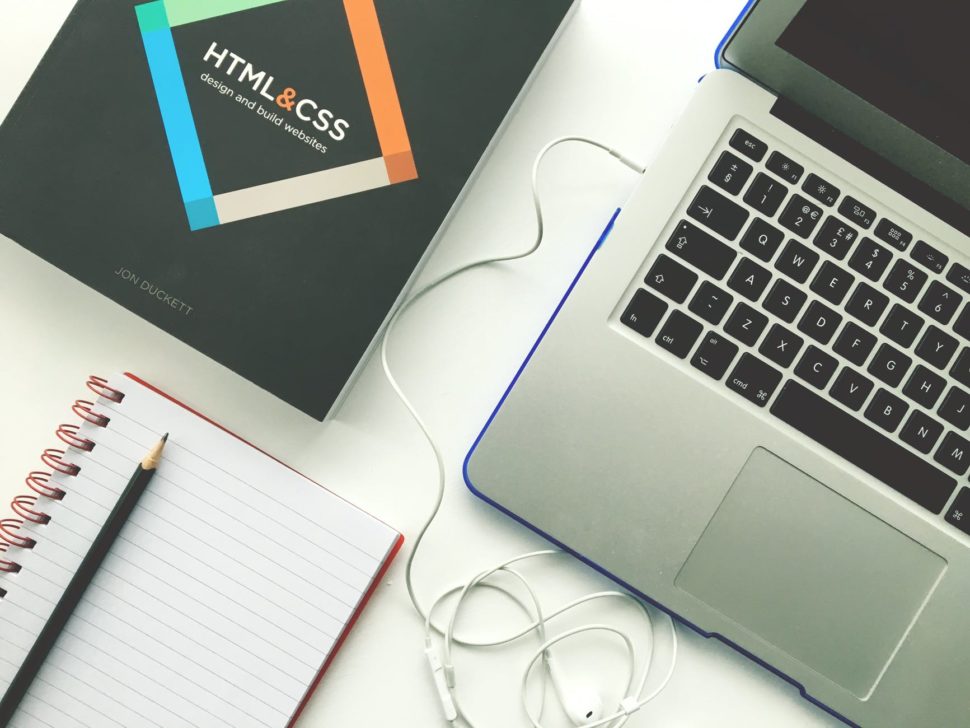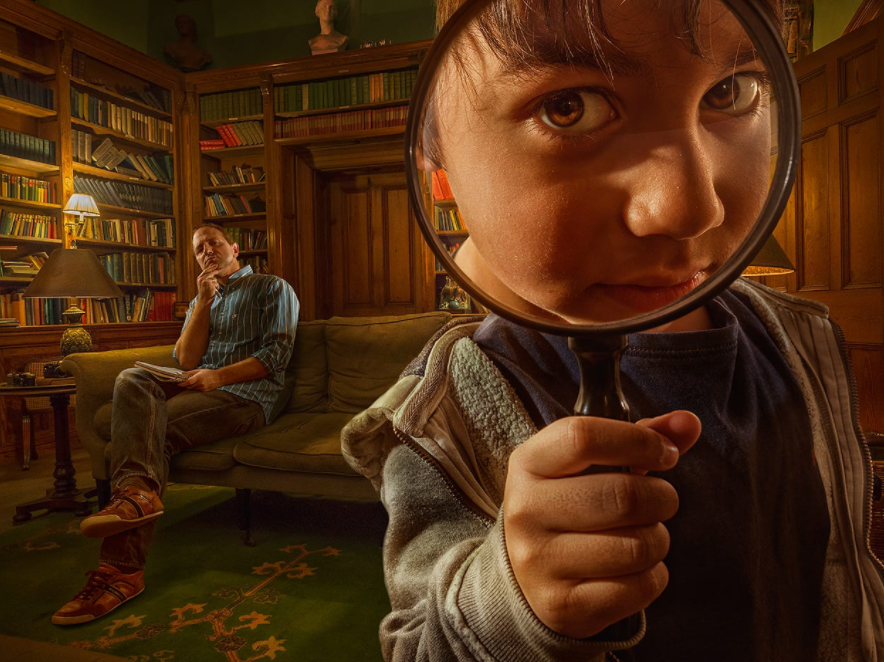Tips & Tricks

Inna Blar: Photographer of the week
1x Blog-Tips & Tricksby Editor Yvette Depaepe
To Inna Blar, photography is a way to give form to concepts or emotions, which press from the deep for going out and show themselves. To her, a refined form of communication much closer to the unconscious rather than to the rational aspect of the human being. Inna likes the editing aspect but only as a reinforcer of some particular concept or simply to give that sense of a bit surreal. Her work is soulful and intense.
Discover more about Inna's her artistic vision and strong but charming personality in this interview.
Briefly tell us about yourself, your hobbies and other jobs, dear Inna.
I'd like to thank you, Yvette, for this interview. My name is Rossella, I am 49 years old and I started with my interest in photography in 2013. I love nature and animals but overall I love humans with their expressions, mimic and languages.
How has your history and life experiences affected your photography? Which are your most important experience that has influenced your art?
I always loved to look at images: illustrations, paintings, photographs. But I never thought about creating my own images. Until a few years ago, when I started my first experiences.
The most important fact that influenced my art is very ancient and concerns my father's works, who was a painter, especially a portraitist. I was fascinated not only by his art but also by all his books scattered everywhere in the house.
And music. Since I was a little child, music has always had the effect of producing in my mind thousands of images, temporarily erasing the existence of words.
Later, when I started creating my personal works, I was influenced by images of other people, mostly photographers and painters.
What first attracted you to photography?
There wasn't something particular that brought me closer to photography. Since I was a child, I used to watch photographs, we had lots of them, at house, and I scattered them on the ground and observing for a long time. It seemed like a game, maybe it was. But I think it was above all fascination.
Describe your overall photographic vision.
Photography is a very special art. It can be true and mistaken for fake or, conversely, it can be fake and mistaken for real. So it can inform and misinform, both aspects belong to it. As a great Italian photojournalist, Uliano Lucas, says, it's necessary to have a culture of image, and it's very important how to read and understand images and it is also important to know how to 'defend' oneself from them.
Personally, photography represents a way to give form to concepts or emotions, which press from the deep for going out and show themselves. A refined form of communication much closer to the unconscious rather than to the rational aspect of the human being.
Why are you so drawn by Conceptual and creatively edited Photography?
Conceptual photography is among those I prefer, precisely for the reason I explained earlier: it allows to give shape to emotions and thoughts, it explains through symbols and it's very close to the unconscious. So it's possible to hit the observer in a much more direct way, bypassing the logic and causing emotions, sometimes very intense, or evoking deep sensations.
I like the creative editing aspect but only as a reinforcer of some particular concept or simply to give that sense of a bit surreal to architectural photos (another type of photography I love). I use tools a little for post production and always in a light way.
However, when 'I grow up' I want to become a portraitist!
What is more important to you, the mood/history behind your images or the technical perfection?
I think that the technique, for a certain type of photography (it is certainly not included macro photography, for example) should be as light and minimal as possible, just what you need to get what you want. And it must remain in the background as much as possible. I don't cultivate a particular love for the equipment, if I could photograph... without a camera, I would do it! I know it may seem strange but sometimes I feel the equipment as an intruder between me and the subject. From this point of view I deeply understand the feeling of one of the greatest Italian photographers, Mario Giacomelli. There is an interview of him, that explains just how little he knew about instrumentation. But yet the result of his great work is internationally known.
The key to everything is also the basis of photography: we must learn to know the light and know how to manage it and we must have a great sense of composition, too. Then good equipment will do the rest but it will still be a secondary element.
What gear do you use (camera, lenses, bag)?
I generally use a mirrorless (OMD EM1 MKII) and its lens 12-40 f/2.8, 45 f/1.8. Sometimes, 40-150 f/2.8. Rarely I use a wide-angle. But I take photos with iPhone, too. And I love this kind of creating images!
What software do you use to process your images?
The software I use are Photoshop and Camera Raw. Rarely Nik Collection and Alien Skin.
What is your most important advice to a beginner in conceptual/creatively edited photography and how do you get started?
I'm an images 'devourer'. I have always loved to look at them but since I have started to take photographs, I have watched thousands of them. Images of famous authors, old and new; high quality images like those of 1X. But not only photographs. I really love to look at pictures and illustrations. Everything is incredibly a source of inspiration: photographers, painters, illustrators ... Ghirri, Magritte, Hiroshige, Kuczynsky and so on.
What most helped me to know the art of photography was this: looking at a lot of images, being inspired by the authors from whom it's possible to learn, but above all every image or author moving me.
This is also the only advice I can give to those who want to approach this type of photography, because the technique can be found in magazines, attending courses or asking some expert friends. But inspiration must be stimulated by opening mind to the infinite possibilities of creating pictures and then looking within oneself for one's own personal and inner images.
Who are your favourite photographers and more importantly, how has your appreciation of their work affected how you approach your own photography?
There are a lot of authors that I love, not necessarily portrait or conceptual photographers.
Among the most famous, I like Haas, Fontana, Feinstein, Klein, Salgado, Fan Ho and many others.
But there are also some friends of whom I greatly appreciate the photographic work. I have recently started, a few years, to photograph and some of them, together with the great photographers, are always a great source of inspiration.
Is there any specific photo taken by another photographer that has your appreciation of their work affected how you approach your own photography?
When I started with architecture photography, my first love was Irene Kung and her Invisible Cities and I absolutely agree with her thought: 'an architecture, a state of mind'. And this is why I love this kind of photography, because it is or it can become a state of mind. Click here to see more of her work.
Are there any specific directions that you would like to take your photography in the future or any specific goals that you wish to achieve?
My goal is, of course, to grow artistically and one of my dreams is to work with other authors that I appreciate, creating common projects and proposing new images that come from an encounter between different creative visions.
Is there anything else you wish to add and what do you think about 1X as a home base for your work?
1X has always been an important source of inspiration and still is, the place where it is really possible to meet artists from all over the world, a real possibility for growth.
. '






































